How to cool a home without AC
While it's true that no matter where you live, be it urban, suburban or rural, the hottest days and nights of summer may have you dreaming of coolers climates. However, those living in dense urban areas will feel it the most, where ambient temperatures can be 5 to 9 degrees Celcius higher.
This marked difference is the result of a combination of factors, specifically the lack of vegetation in cities, heat emanating from countless vehicles and other machinery and huge concentrations of asphalt to absorb the sun's rays. Ironically, the heat extracted from buildings by air conditioners is blown into the street making air conditioning units another big player in pushing up urban temperatures.
If you either want to (or have to) get through heat spells without relying on AC for relief, or if you don't want to fill your home with fine particulates if it's smokey outside, consider the following:
6 easy tips for keeping a house cool in summer
- Anywhere cold air comes in during the winter, hot, humid air will come in during the summer. Inspect around windows, electrical and plumbing openings, and seal any cracks.
- Close all your windows during the heat of the day, and get your fresh air at night. Pay attention to the temperatures inside and out, and wait until it's actually cooler outside to open up the windows.
- Block out the sun during the day with opaque curtains or blinds, this reduces the amount of heat that enters the house.
- Fans: they don't actually cool the air, but it sure feels like it. At night though, one of the best places for a fan in an upstairs window blowing out. This draws in cool air from all the other open windows. Center of room light fixtures can also be swapped out for a quiet and efficient ceiling fan to help you sleep.
- Keep a cold bathtub ready for a plunge. On those hot days and nights, we generally aren't elaborately dressed, so going for a quick dunk in an existing tub of water to being dried and dressed again can take as little as a couple of minutes, and will drastically bring down your body temperature.
- Creeping plants on outside walls such as vines for example, can prevent some heat from being absorbed by your walls. And the phenomenon of evapotranspiration that plants use to regulate their internal temperature helps to refresh the air. Read more here about vertical gardens and living green walls inside homes.
- Heat pump water heaters help cool a home as they extract heat from the air to generate hot water. Rather than shooting hot air at your neighbours house, a heat pump water heater converts heat in the air into hot water, and the result is that it expels cool air. We think this is a very cool idea (no pun intended) for cooling a home and saving energy!
Choosing energy efficient lighting and appliances:
All electrical appliances and lights generate heat, everything down to your laptop and TV. But first set your sights on the big offenders:
- Old refrigerators are not very efficient and can generate a significant amount of heat. When it's time for a replacement, airm for an ENERGY STAR certified fridge.
- Incandescent and halogen bulbs produce far more heat than compact fluorescent or LED lamps. LED are more expensive, but the price is dropping quickly; they last forever and use a fraction of the energy. The quality of bulbs has also improved, see the new LED filament bulbs here.
- Cook fresh: do whatever you possibly can to avoid using your stove on the hot days. Preparing cold meals like salads, sandwiches or fruit plates can be a huge help in keeping your home temperature down.
- Take short showers or shower cold: a hot shower can add a lot of heat and humidity to a home, not to mention the residual heat that will radiate from the hotwater pipes throughout your house. Low flow showerheads are great for heat reduction and energy efficiency,
When you add it all up, the amount of heat generated by appliances and lighting can be like running a baseboard heater all summer long. It all boils down to one thing - the less heat you bring in, the less heat you have to either endure or extract. Pretty simple right?
Read more here about how to choose energy efficient and Energy Star appliances.
Stay cool and hydrate
It's our hope that the tips above will help to noticeably lower your indoor (and body) temperature, potentially turning an otherwise sleepless night into a restful one. The less heat we bring into our homes, the less heat we need to eject towards our neighbours house, so we all benefit in the end. Remember to keep hydrated, sip some water and wipe some down bare arms and foreheads reduces body temperature as it evaporates, and as always, if you have any refreshing tips of your own, please share below!
Now you know about how to keep a home cool with out AC. Find more pages how to save energy and save money on the pages below and in the Ecohome Green Building Guide pages.
Find more about green home construction and reap the benefits of a free Ecohome Network membership here. |




















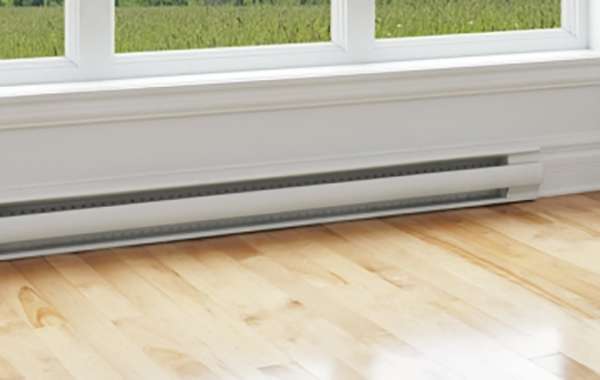
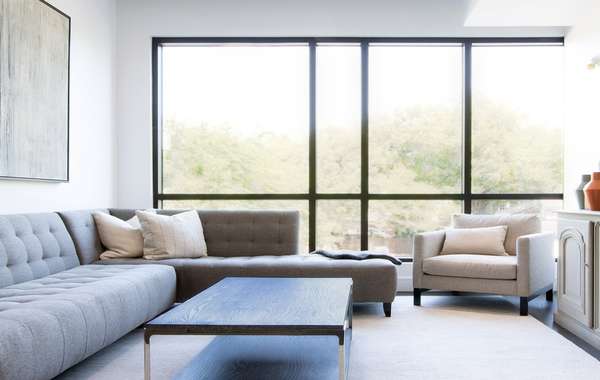
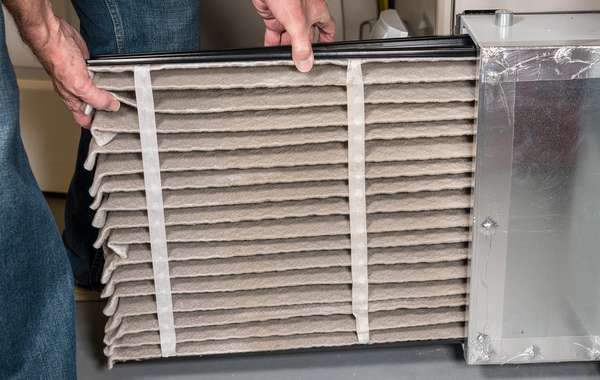
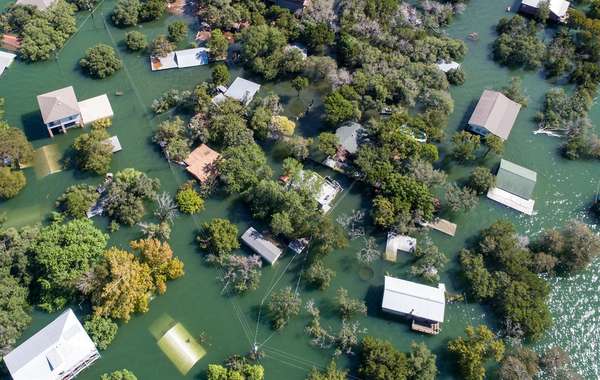
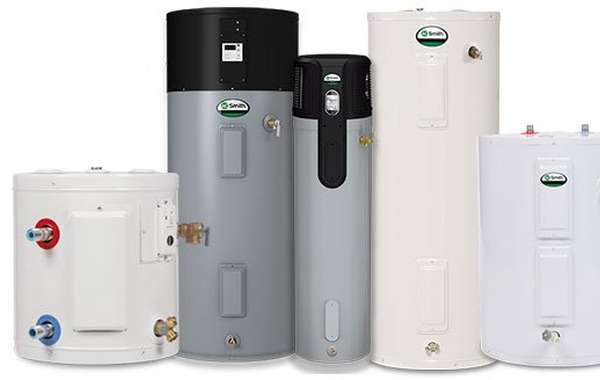
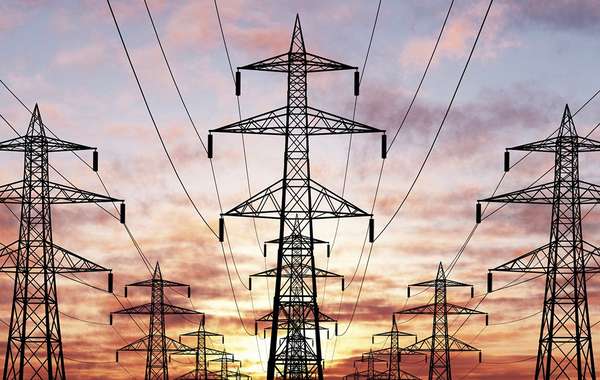

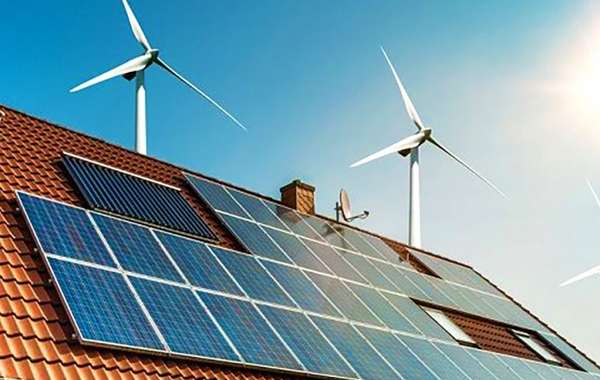
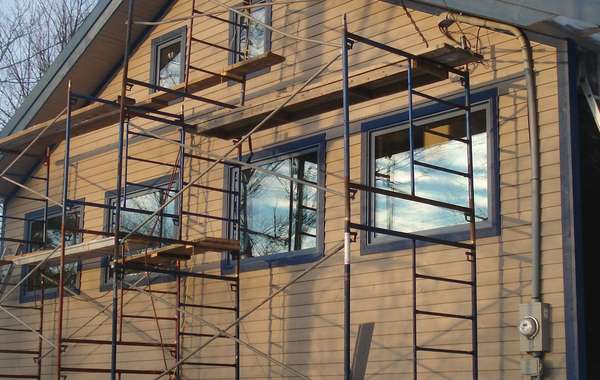
I like these ideas ! My only suggestion would be to pair window closing during the day with a heat exchanger. Otherwise the interior air quality and humidity will suffer.
After the heat dome here in BC a couple of years ago, tather than wrestling with a power-hungry air conditioner, I decided to use an earth tube to try and cool my house, which is small. open plan and well insulated. Living on rural acreage and having a small excavator, I trenched in 120' of 6" PVC pipe, 6' deep and brought it in to the basement, fitted a Vortex centrifugal fan, and ran 6" spiral duct up the staircase to blow into the vaulted main room, which also has a large ceiling fan running 24/7. (All windows closed during the day, of course.)
It certainly helped, keeping the house 6-10 deg. F cooler last summer. The incoming air temp. through the tube does rise as the day progresses, from about 60 deg. F to 68 deg. I've just added an exhaust fan in the loft bedroom to draw out the warm air through a window as well, which should improve the cooling. As the article states, this will also help draw cool air in at night, something I had previously overlooked.
If I were building again, I'd definitely include an earth tube in the initial design, hopefully in conjunction with an HRV. (I'm not a fan of heat pumps, even though they also provide cooling, due to their high power requirements, which also makes it impractical to have backup power in an outage. I have a small whole-house battery system, good for about 4-6 hrs., and an old Onan 6kW diesel genny, which got me through an 84-hour outage a few years ago.) As regards more efficient air conditioning systems, there is some interesting research on systems that do not need a compressor, especially "coldSNAP" from the Wyss Lab at Harvard. (https://wyss.harvard.edu/technology/eco-friendly-air-conditioning/)
Pressure washing in Florida is essential for maintaining homes and commercial properties due to the state's humid climate, which promotes mold, mildew, and dirt buildup.